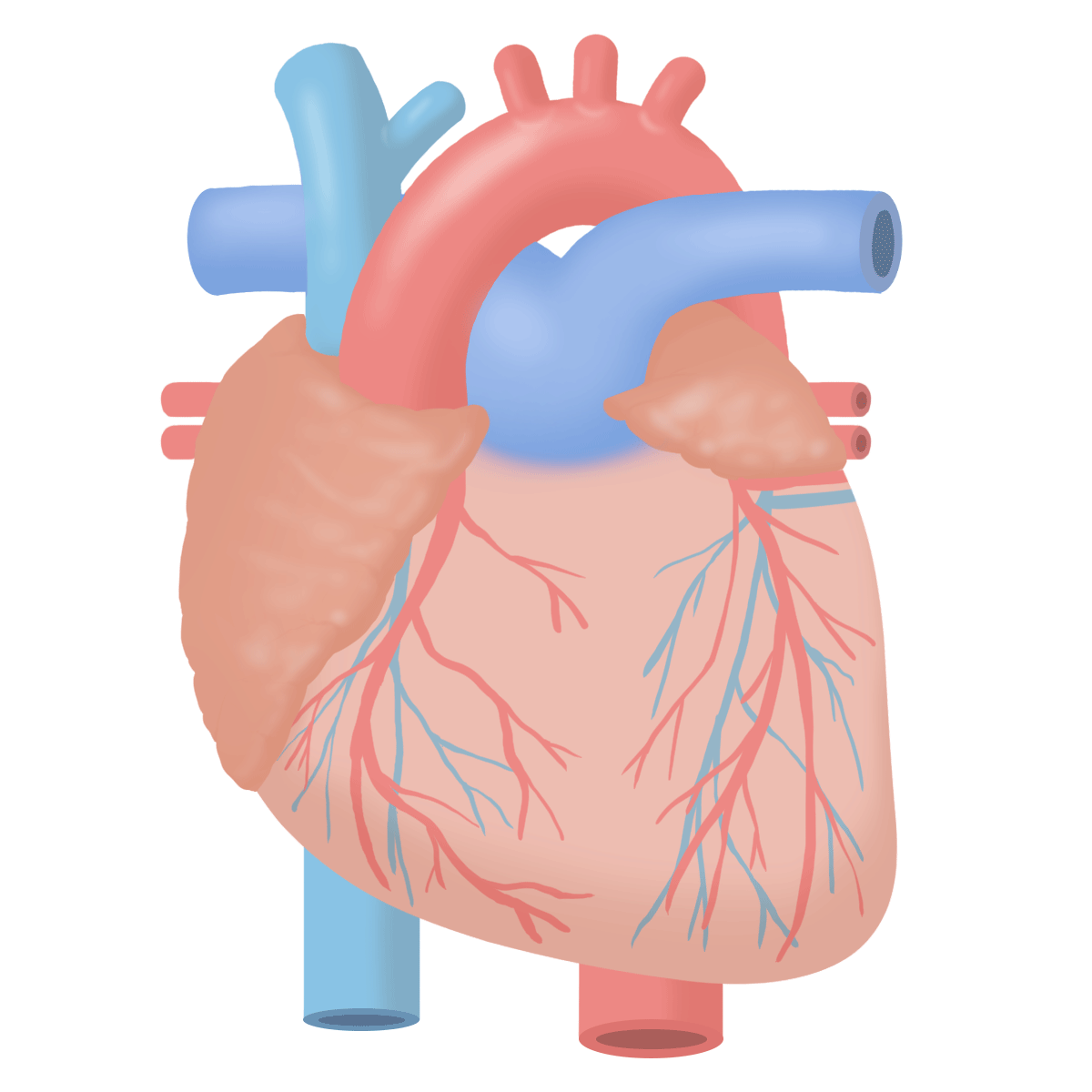Engl J Med. 2021 May 15. doi: 10.1056/NEJMoa2102137.
https://pubmed.ncbi.nlm.nih.gov/33999548/
![]()
Background: The appropriate dose of aspirin to lower the risk of death, myocardial infarction, and stroke and to minimize major bleeding in patients with established atherosclerotic cardiovascular disease is a subject of controversy.
Methods: Using an open-label, pragmatic design, we randomly assigned patients with established atherosclerotic cardiovascular disease to a strategy of 81 mg or 325 mg of aspirin per day. The primary effectiveness outcome was a composite of death from any cause, hospitalization for myocardial infarction, or hospitalization for stroke, assessed in a time-to-event analysis. The primary safety outcome was hospitalization for major bleeding, also assessed in a time-to-event analysis.
Results: A total of 15,076 patients were followed for a median of 26.2 months (interquartile range [IQR], 19.0 to 34.9). Before randomization, 13,537 (96.0% of those with available information on previous aspirin use) were already taking aspirin, and 85.3% of these patients were previously taking 81 mg of daily aspirin. Death, hospitalization for myocardial infarction, or hospitalization for stroke occurred in 590 patients (estimated percentage, 7.28%) in the 81-mg group and 569 patients (estimated percentage, 7.51%) in the 325-mg group (hazard ratio, 1.02; 95% confidence interval [CI], 0.91 to 1.14). Hospitalization for major bleeding occurred in 53 patients (estimated percentage, 0.63%) in the 81-mg group and 44 patients (estimated percentage, 0.60%) in the 325-mg group (hazard ratio, 1.18; 95% CI, 0.79 to 1.77). Patients assigned to 325 mg had a higher incidence of dose switching than those assigned to 81 mg (41.6% vs. 7.1%) and fewer median days of exposure to the assigned dose (434 days [IQR, 139 to 737] vs. 650 days [IQR, 415 to 922]).
Conclusions: In this pragmatic trial involving patients with established cardiovascular disease, there was substantial dose switching to 81 mg of daily aspirin and no significant differences in cardiovascular events or major bleeding between patients assigned to 81 mg and those assigned to 325 mg of aspirin daily. (Funded by the Patient-Centered Outcomes Research Institute; ADAPTABLE ClinicalTrials.gov number, NCT02697916.).
背景:動脈硬化性心血管疾患患者の死亡,心筋梗塞,脳卒中のリスクを低下させ,大出血を最小限に抑えるためのアスピリンの適正用量は議論の的となっている.
方法:非盲検実用的デザインの試験で,動脈硬化性心血管疾患患者を,アスピリンを 1 日 81 mg 投与する戦略と 325 mg 投与する戦略に無作為に割り付けた.主要有効性評価項目は,全死因死亡,心筋梗塞による入院,脳卒中による入院の複合とし,生存時間(time-to-event)解析で評価した.主要安全性評価項目である大出血による入院についても,生存時間解析で評価した.
結果:15,076 例が中央値で 26.2 ヵ月間(四分位範囲 [IQR] 19.0~34.9)追跡された.13,537 例が無作為化前にすでにアスピリンを服用しており(アスピリン使用歴に関する情報が得られた患者の 96.0%),そのうち 85.3%が 81 mg を連日服用していた.死亡,心筋梗塞による入院,または脳卒中による入院は,81 mg 群の 590 例(推定割合 7.28%)と 325 mg 群の 569 例(推定割合 7.51%)に発生した(ハザード比 1.02,95%信頼区間 [CI] 0.91~1.14).大出血による入院は 81 mg 群の 53 例(推定割合 0.63%)と 325 mg 群の 44 例(推定割合 0.60%)に発生した(ハザード比 1.18,95% CI 0.79~1.77).325 mg 群に割り付けられた患者のほうが,81 mg 群に割り付けられた患者よりも用量を切り替えた割合が高く(41.6% 対 7.1%),割り付けられた用量への曝露日数の中央値が短かった(434 日 [IQR 139~737] 対 650 日 [IQR 415~922]).
結論:動脈硬化性心血管疾患患者を対象とした今回の実用的試験では,アスピリン 81 mg 連日投与への用量切替えが多数あり,81 mg 連日投与群に割り付けられた患者と 325 mg 連日投与群に割り付けられた患者とで,心血管イベントと大出血に有意差は認められなかった.(患者中心アウトカム研究所から研究助成を受けた.ADAPTABLE 試験:ClinicalTrials.gov 登録番号 NCT02697916)



コメント